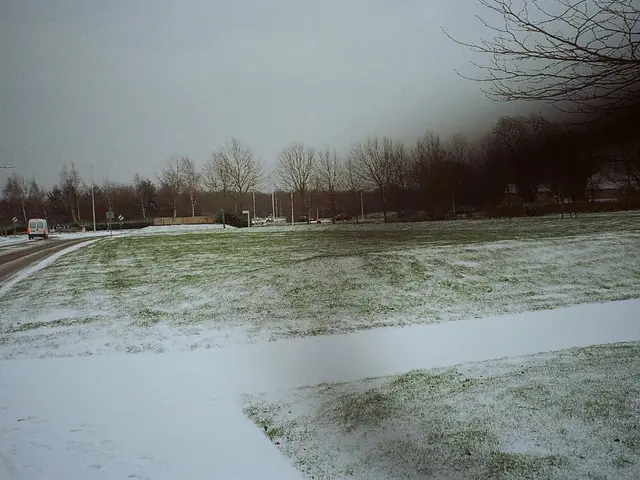U.S. has canceled over 6,000 student visas
In 2025, the Trump administration revoked over 6,000 student visas, primarily due to law violations and support for terrorism. The revocations were based on a rule in the State Department’s Foreign Affairs Manual, which identifies ineligibility grounds as "engaging in terrorist activities" and "having certain links to terrorist organizations."
The majority of law-breaking offenses were assault, with approximately 800 students being revoked for assault-related incidents. Other offenses included driving under the influence (DUI), burglary, and other law violations.
A small minority of the revoked visas were for suspected support of terrorism. This support was defined as engaging in activities such as financing militant groups or explicitly supporting terrorism.
Political activism, particularly pro-Palestinian protests, has also faced intensified visa scrutiny. This suggests that political activism can factor into the assessments for visa revocation.
The administration's approach includes tightening social media vetting and expanding screening. Social media activity is used to identify individuals endorsing, espousing, promoting, or supporting antisemitic terrorism, antisemitic terrorist organizations, or other antisemitic activity.
Universities like Harvard have faced pressure from the Department of Homeland Security (DHS) to provide detailed records of foreign students' alleged illegal or violent activities. Threats of decertification were made if compliance was not met, indicating a broader enforcement framework targeting foreign student visa holders' conduct and affiliations.
The exact criteria applied can involve review of legal infractions within the U.S., social media and public expressions deemed supportive of terrorism or extremist ideology, and potential national security risks tied to the students' activities or associations.
There is concern from higher education associations about the opacity and broad scope of these revocations, particularly their impacts on political expression or minor infractions. This has led to demands for clearer guidelines and due process.
Notably, the US Secretary of State, Marco Rubio, has revoked the visas of hundreds, possibly thousands of individuals, including students, for actions against US foreign policy priorities. Additionally, Trump has accused several top-level US universities, including Harvard, of becoming bastions of anti-Semitism following large-scale student protests advocating for Palestinian rights. Trump has also frozen funding for investigations at Harvard and threatened to remove the university's tax-exempt status.
A student from Tufts University was detained for over six weeks in an immigration detention center in Louisiana for writing an opinion piece criticizing her school's response to Israel's war in Gaza. She was later released from custody after a federal judge granted her bail.
Several European nations have increased research grants to attract talent due to Trump's actions against Harvard. This indicates a potential shift in academic focus and collaboration as a result of the administration's policies.
In conclusion, the Trump administration's 2025 policies have resulted in significant student visa revocations, primarily for legal violations and explicit or implicit support for terrorism. Political activism and social media behavior are also being scrutinized as grounds for revocation. The impact of these policies on academic freedom and international collaboration is a topic of ongoing concern.
[1] Fox Digital [2] [3] [4] Various higher education associations and reports
Read also:
- United States tariffs pose a threat to India, necessitating the recruitment of adept negotiators or strategists, similar to those who had influenced Trump's decisions.
- Weekly happenings in the German Federal Parliament (Bundestag)
- Southwest region's most popular posts, accompanied by an inquiry:
- Discussion between Putin and Trump in Alaska could potentially overshadow Ukraine's concerns








